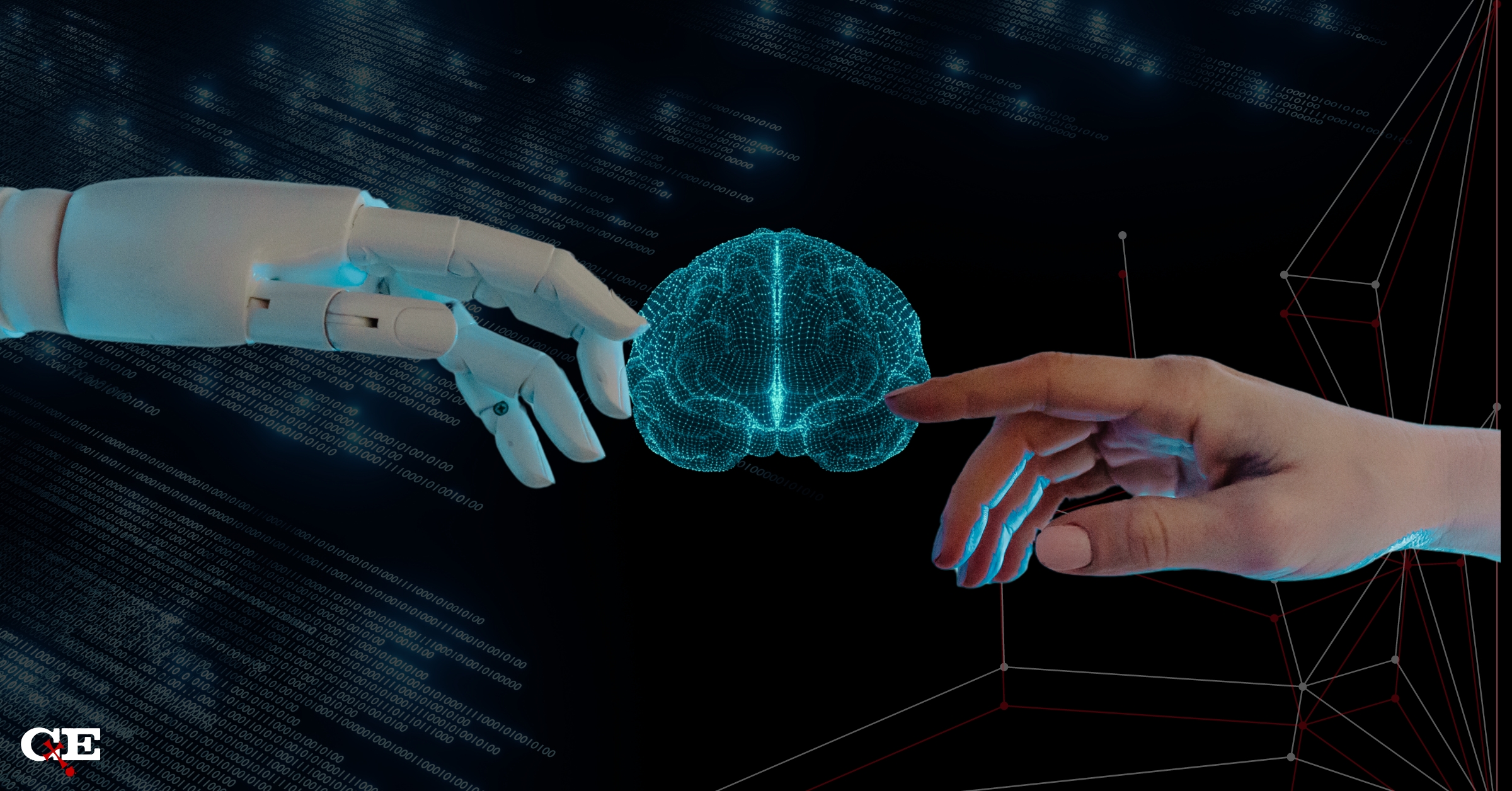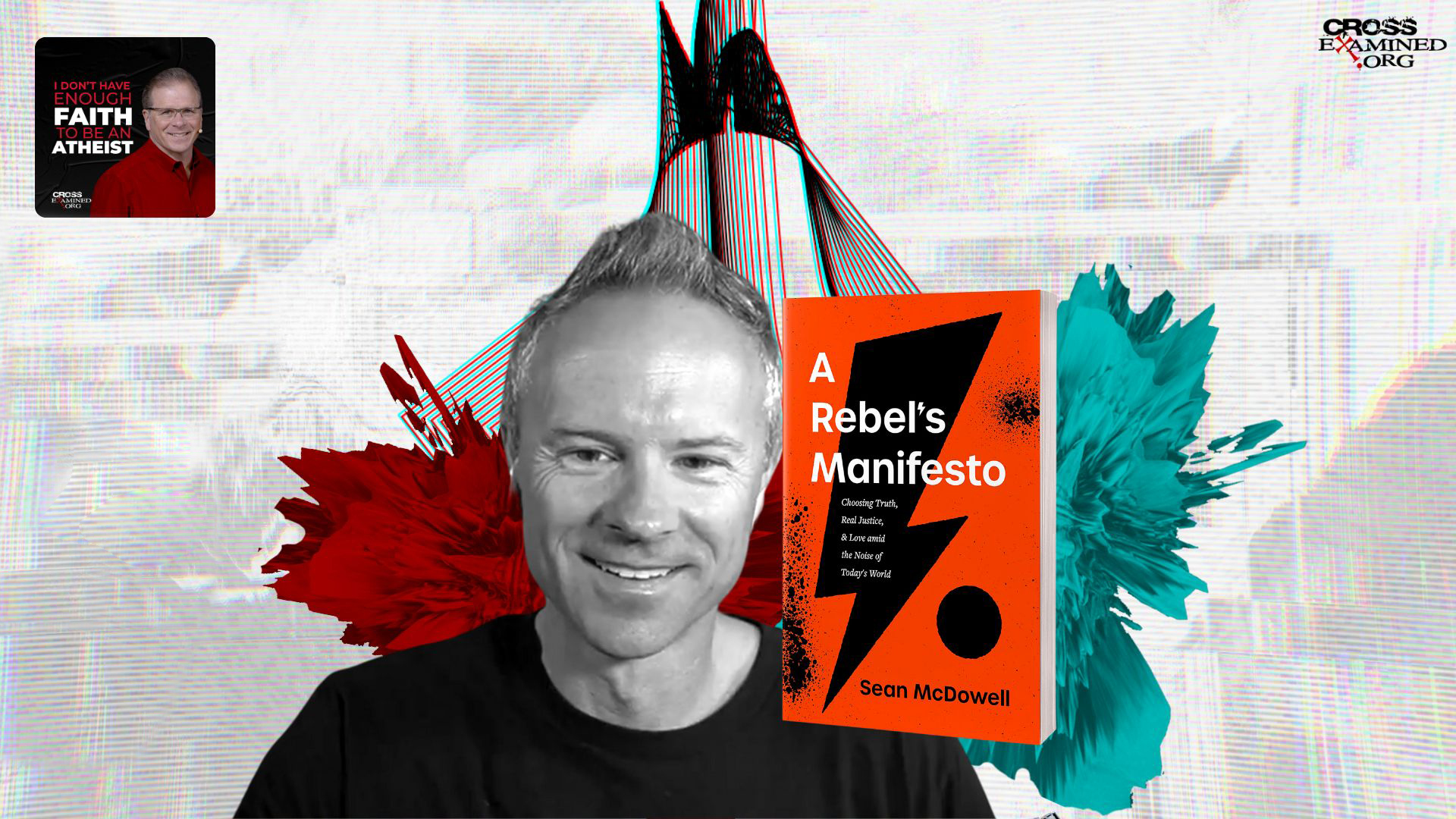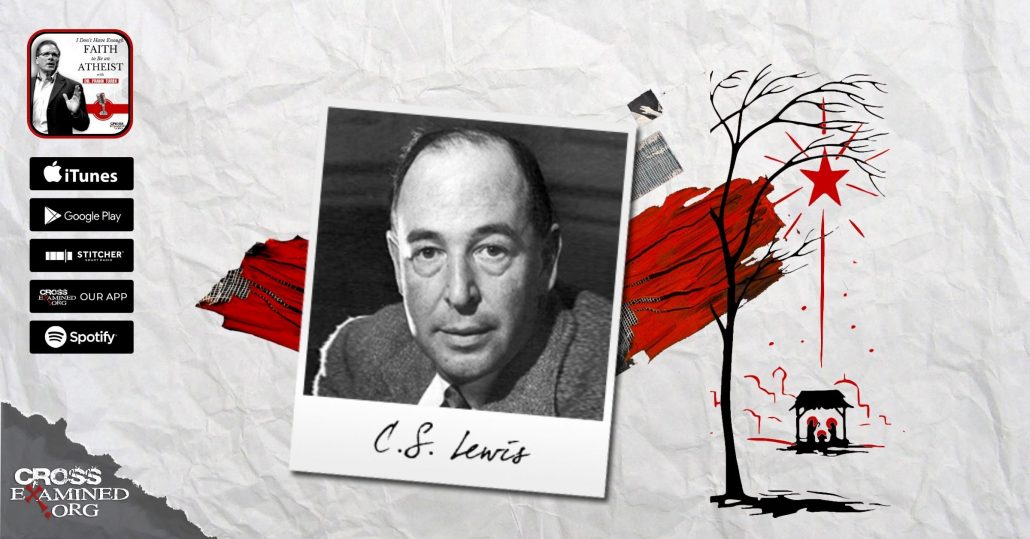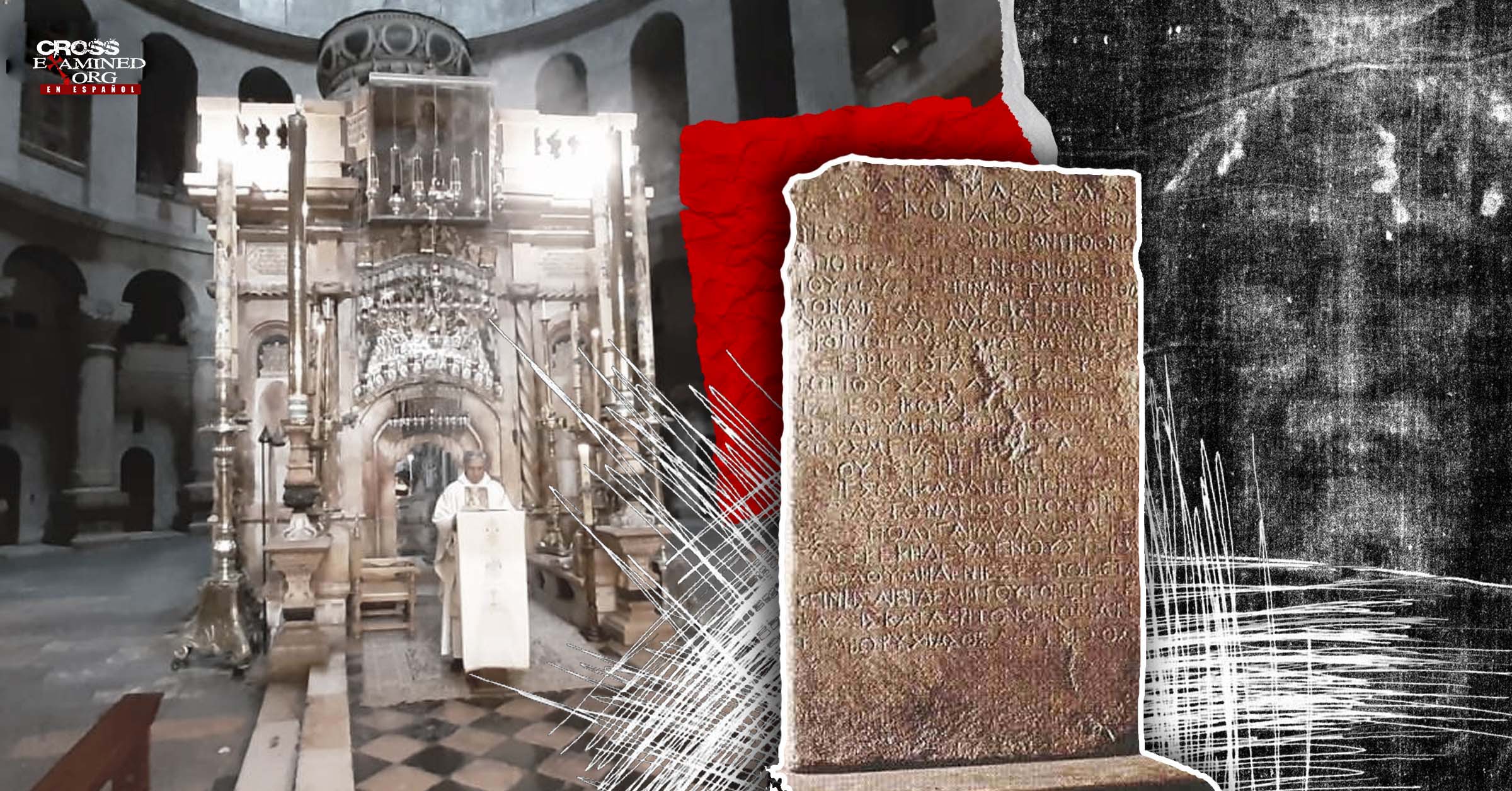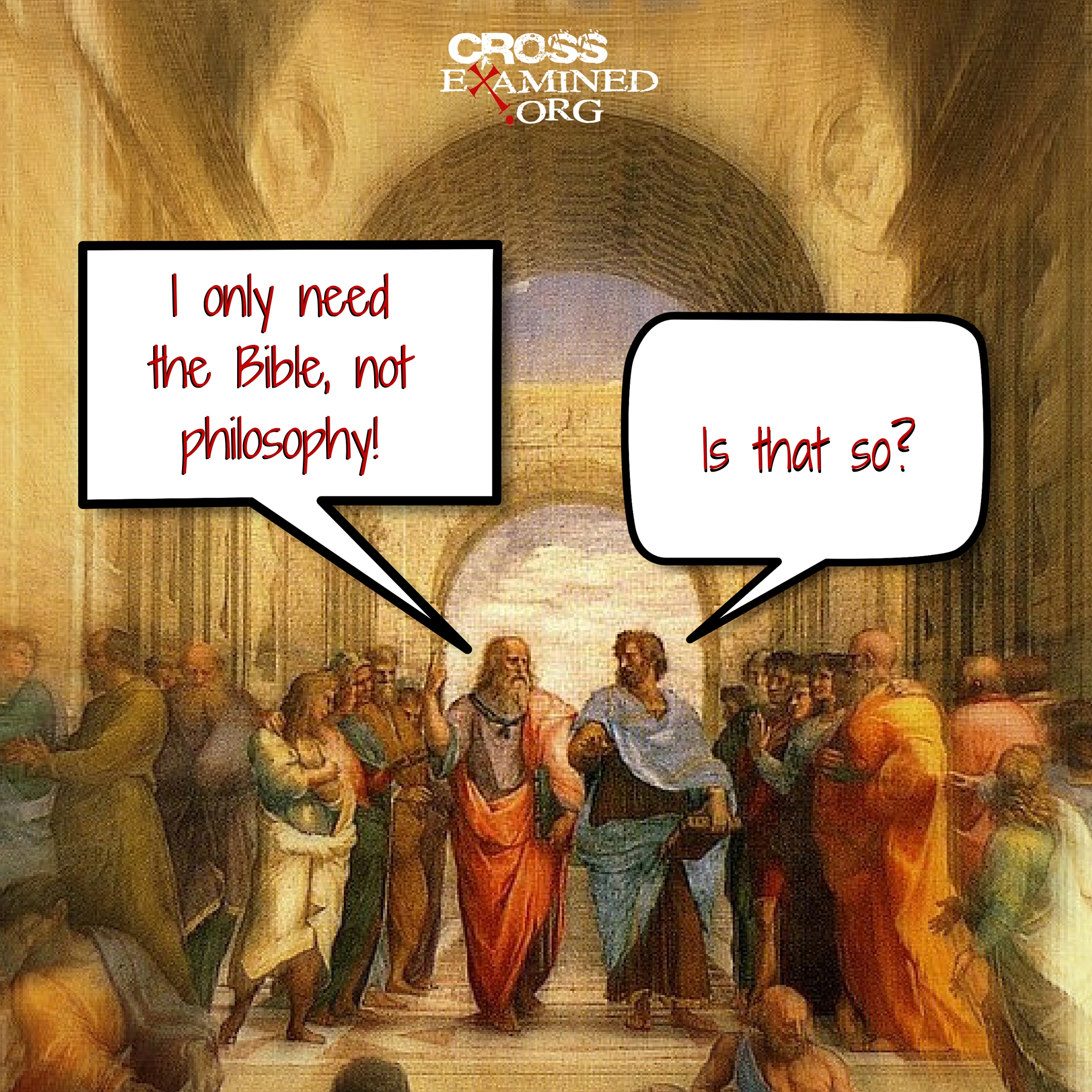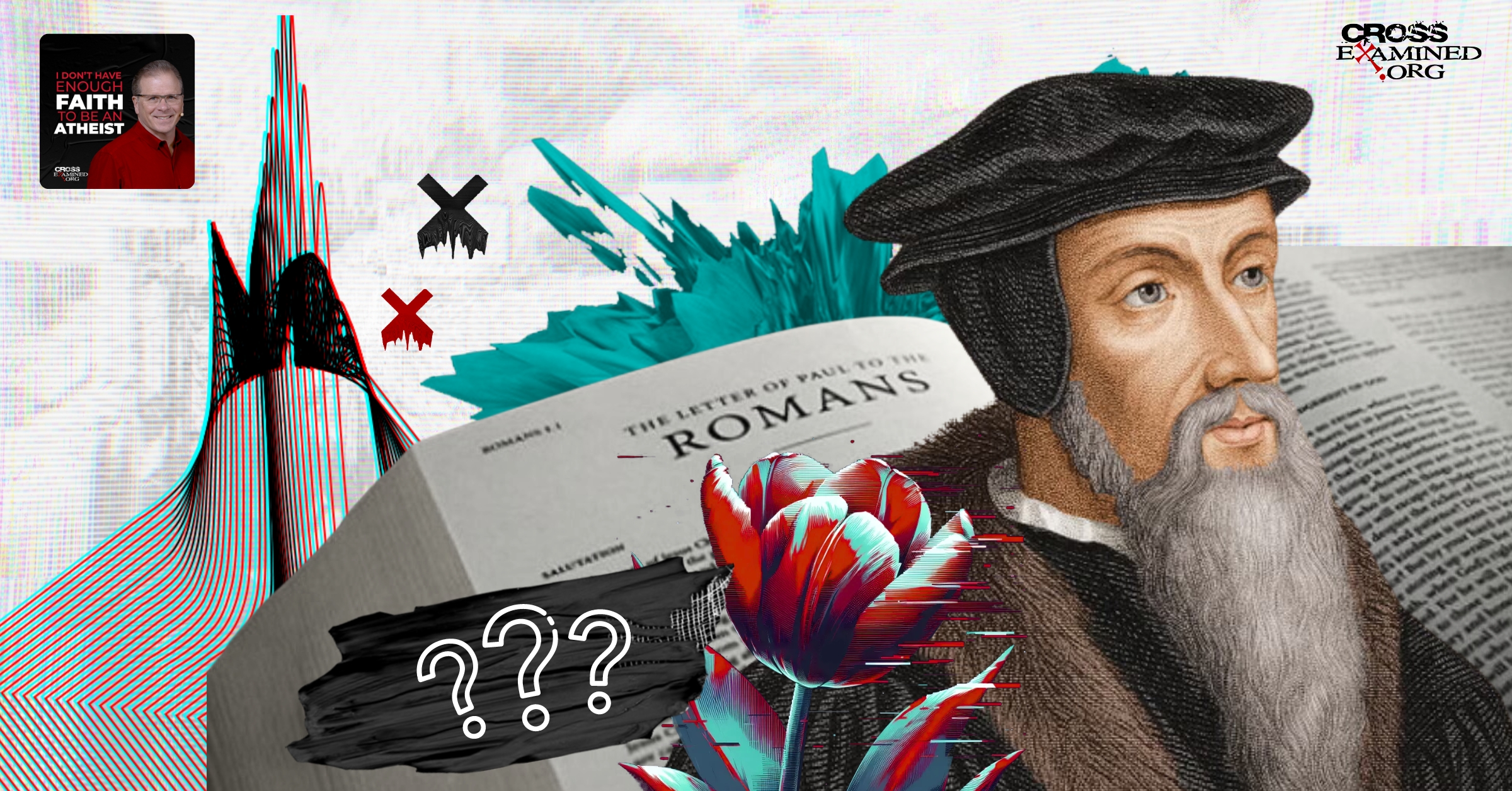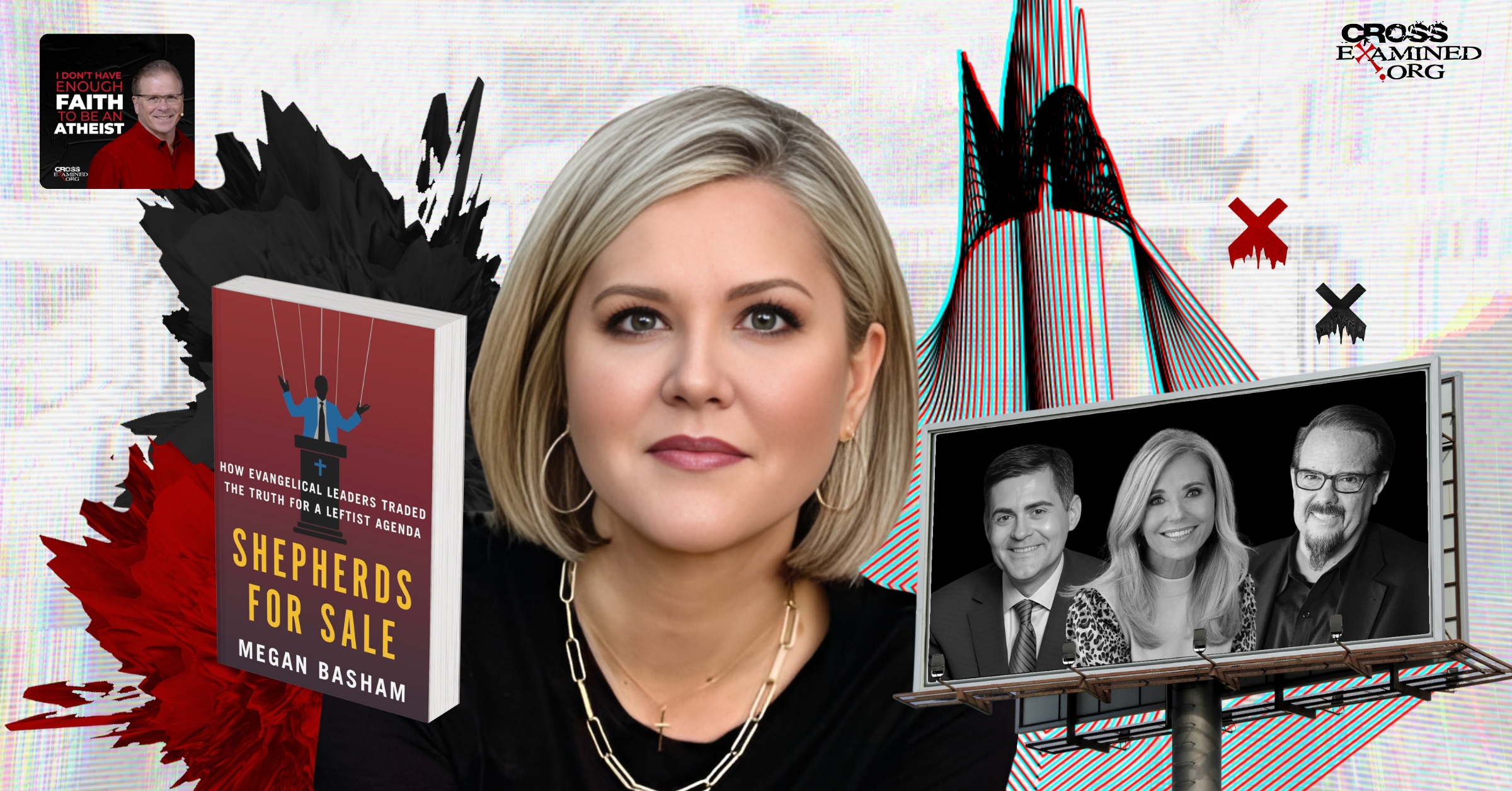Promise of Genuine Immortality: AI or the Divine
Do we have a genuine promise of immortality? This is a question that impacts all of us. When I was growing up as a kid, I wanted to be taken seriously. Therefore, I could not wait to grow up to have a seat at the intellectual table. It seemed like it took forever to get out of grade school and high school. My wise grandmother told me, “Don’t rush your life away. The older you get; the faster time passes.” She was absolutely right! Because it seems like life is passing by at light speed, especially the closer I get to 50.
As we age, we begin to contemplate our own mortality, and rightfully so. The older we get, the closer we get to the time of our death. Our mortality leads us to philosophical contemplation as we ask the big questions of life. Is there an afterlife? What happens when we die?
Nearly everyone asks these kinds of questions, even scientists and futurists. With the advent of artificial intelligence (AI), many pundits claim that AI could lengthen life, and potentially bring a sense of immortality. Michio Kaku notes that “immortality does not violate the law of physics. There is nothing in the Second Law that forbids a life-form from living forever, as long as energy flows in from the outside. In our case that energy is sunlight.”[i] Proponents of quantum computers and its integration with ChatGPT hold great hope for the advent of quantum computing. It seems to me, however, that there is a deeply flawed philosophical underpinning to this concept.
Promise of Genuine Immortality: Can Genuine Immortality Come to this World?
Let’s suppose for a moment that Kaku and physicist futurists are right in their assessments in that quantum computing, with its theoretical computational power, can bring scientific advancements that would greatly extend life on earth. Let’s go a step further and say that life could be extended to a near immortal status. Could a human exist forever in that state? The answer is simply no for at least a couple of reasons.
Eternal Life in the Present World is Not Sustainable.
Life in the present state is not eternally sustainable. Suppose for a moment that a human being could become immortal in the present state. The present state does not eliminate the reality that the world and the universe will eventually end. Granted, Kaku and others hold great hope that if enough information can be ascertained, then problems with the world’s ecosystem could be corrected. Nonetheless, that does not override the reality that the Sun will not last forever. Eventually, the Sun will run out of energy and will either explode as a supernova or implode to create a dwarf star or a black hole. Simply put, the Sun cannot burn for more than 100 billion years.[ii]
Astronomers estimate that the Sun only has about 5 billion years remaining.[iii] While 5 billion years is still a long time off, human life on the planet will come to an undeniable end by that time. But what if space travel is available by that time? Could we not travel to another planet? Granted, that is possible. However, even the universe’s timeline is limited. As the universe continues to expand at an increased rate, the production of proteins – essential for life – will cease. Ross declares that “all physical life must come to an end—not just on Earth but everywhere in the cosmos.”[iv] In other words, the extenuation of life induced by AI only delays the inevitable. Furthermore, what kind of existence would be found by an AI-induced eternal state?
The Present World Cannot Sustain a Population of Immortal, Reproductive Beings.
The present physical world cannot sustain immortal physical beings with continued population growth. Another problem needs to be considered. Earlier in his book, Kaku explained that cancer comes when a cell forgets how to die. In essence, it becomes immortal. The cancer cell’s immortality leads to the death of its host as the cells continue to reproduce but refuse to sacrifice themselves to permit the development of other cells.[v]
In a sense, Kaku’s description of cancer looms eerily reminiscent of his depiction of human immortality on earth. I get it. We love our lives. We love our planet. But we were never intended to live here forever. Our planet simply cannot sustain immortal physical humans who require food and drink for the continuity of life along with new life coming from reproduction. This will lead to overpopulation the likes of which has never been seen. Food supplies will deplete, leading to wars, crime, and hostile takeovers. While fanciful and fun to consider, AI and quantum computing cannot override the logic of Earthbound space, unless a way can be found to safely travel to another planet. Even then, there are no guarantees that life could be sustained in that state forever.
The Promise of Genuine Immortality: Where is Genuine Immortality Found?
In a panel discussion on AI, the panelists noted that at the root of the discussion behind AI and technological advancements is a deeply-rooted philosophy.
Materialistic Philosophy
On the one hand, the philosophy of materialism fervently desires to hang onto the present world with all its devices. Because for the materialist, the present world is all that exists and all that can be known for sure. This mindset, while not necessarily materialistic, can even be found in some of the contemplations of modern writers and theologians.[vi]
Heavenly Philosophy
Yet, on the other hand, believers throughout the ages have held that a better, more perfect realm, exists beyond the scope of the material world. That is not to say that the present world is not good, and it does not demean any effort to make the world a better place. Even still, the promised hope is not found in this world. It is not found in our possessions, accolades, or hobbies. Rather, our promised hope is found in the relationship we have with God and the eternity that only God can offer.
In my book Conversations about Heaven, I speak of the new body that we will receive at the return of Christ. Paul calls this body a pneumatikos soma—a spiritual body.[vii] Yes, the body will have some of the traits found in the present body. But it would be a mistake to think that the spiritual body is exactly like the physical one. Just like it would be a massive mistake to think that the new creation will be identical to the present locale. No, the glorified state will be far better and superior! All that being said, the genuine promised hope of immortality is not found in our gadgetry or human ingenuity. Rather, the promised hope of immortality is found in God, the Author of life.
Conclusion
Kaku said something profound about this in Quantum Supremacy. He asserted that it is possible for immortality to exist “as long as energy flows in from the outside.”[viii] The energy that currently keeps life flowing in the naturalistic state is sunlight.[ix] However, what if the energy flowing through the person came from the Eternal God rather than a mid-sized star? Then, in that case, immortality is a piece of cake. The writer of Hebrews is correct in that it is appointed once for all people to die in this present state (Heb. 9:27).
Hope Not Found in This World
Christian philosophy has always held that the promised hope is not of this world. As Paul teaches, “If in Christ we have hope in this life only, we are of all people to be pitied” (1 Cor. 15:19, ESV). Paul also acknowledges that:
“[we] do not lose heart. Though our outer self is wasting away, our inner self is being renewed day by day. For this light momentary affliction is preparing us for an eternal weight of glory beyond all comparison, as we look not to the things that are seen but to the things that are unseen. For the things that are seen are transient, but the things that are unseen are eternal” (2 Cor. 4:16-18, ESV).
Assuredly, incorporating quantum computing into AI will bring a great deal of benefits to humanity as it could offer solutions to many medical problems afflicting us, cancer and other medical afflictions being at the top of the list. On that, I wholeheartedly agree with Kaku and other contemporary pundits. Nonetheless, we cannot place our hope in technological advances to overcome what God has already accomplished through Christ. Death is scary. Even still, if near-death experiences are genuine – which I hold them to be – then, an eternity with God is greater than the present world.
Consider the Butterfly
The butterfly is much more advanced than the caterpillar from which it came. It is highly doubtful that the butterfly ever wishes that he could go back to his earlier state—a time when he could not fly, could not move very quickly, and was easy prey for predators. Likewise, I greatly doubt that any of us will wish for our current bodies once we are empowered by the resurrected, glorified bodies promised to us by God. Our hope is found in God, and God alone. Nothing and no one could ever assure us of immortality other than the One Who is Immortal and Eternal.
Footnotes:
[i] Michio Kaku, Quantum Supremacy: How the Quantum Computer Revolution Will Change Everything (New York: Doubleday, 2023), 203.
[ii] Hugh Ross, Why the Universe Is the Way It Is (Grand Rapids, MI: Baker, 2008), 99.
[iii] JoAnna Wendel, “When will the sun die?,” Space.com (March 6, 2024), https://www.space.com/14732-sun-burns-star-death.html, accessed on May 4, 2024.
[iv] Ross, Why the Universe Is the Way It Is, 102.
[v] Kaku, Quantum Supremacy, 162.
[vi] While an excellent book, author Karen Swallow Prior unfortunately adopts the anti-dispensational thinking of the present age in her book Evangelical Imagination. She conjectures that “being caught up” in 1 Thess. 4:16–17 suggests an immediate transformation of people on Earth instead of being carried away with Christ. Space does not permit us to consider the evidence for the term parousia and its indication that believers would be called away with Christ. Nonetheless, it is quite clear from the vernacular of Peter and John in Revelation that God will replace this world with a “New Heaven and a New Earth” (2 Pet. 3:10–13; Rev. 21:1–2; 22:1–21). Revelation guarantees that there would be a “new heaven and a new earth; for the first heaven and the first earth had passed away, and the sea was no more” (Rev. 21:1, CSB). See Karen Swallow Prior, The Evangelical Imagination: How Stories, Images & Metaphors Created a Culture in Crisis (Grand Rapids, MI: Brazos, 2023), 256; N. T. Wright, “Farewell to the Rapture,” Bible Review (August 2011), https://ntwrightpage.com/2016/07/12/farewell-to-the-rapture, accessed May 4, 2024. In all fairness, Wright later acknowledges that the NT envisions a recreation of heaven and earth. Nonetheless, the idea that the present world will continue ad infinitum is foreign to the pages of Scripture.
[vii] Brian G. Chilton, Conversations about Heaven: Difficult Questions about Our Eternal Home (Eugene, OR: Resource, 2023), 38–43.
[viii] Kaku, Quantum Supremacy, 203.
[ix] Ibid.
Recommended resources related to the topic:
Oh, Why Didn’t I Say That? Does Science Disprove God? by Dr. Frank Turek (DVD and Mp4)
The Great Book of Romans by Dr. Frank Turek (Mp4, Mp3, DVD Complete series, STUDENT & INSTRUCTOR Study Guide, COMPLETE Instructor Set)
Jesus, You and the Essentials of Christianity by Frank Turek (INSTRUCTOR Study Guide), (STUDENT Study Guide), and (DVD)
Macro Evolution? I Don’t Have Enough Faith to be a Darwinist (DVD Set), (MP3 Set) and (mp4 Download Set) by Dr. Frank Turek
Brian G. Chilton earned his Ph.D. in the Theology and Apologetics at Liberty University (with high distinction). He is the host of The Bellator Christi Podcast and the founder of Bellator Christi. Brian received his Master of Divinity in Theology from Liberty University (with high distinction); his Bachelor of Science in Religious Studies and Philosophy from Gardner-Webb University (with honors); earned a Certificate in Christian Apologetics from Biola University, and plans to purse philosophical studies in the near future. He is also enrolled in Clinical Pastoral Education to better learn how to empower those around him. Brian is a member of the Evangelical Theological Society and the Evangelical Philosophical Society. Brian has served in ministry for over 20 years and currently serves as a clinical hospice chaplain as well as a pastor.
Originally posted at: https://bit.ly/46gNx1y

